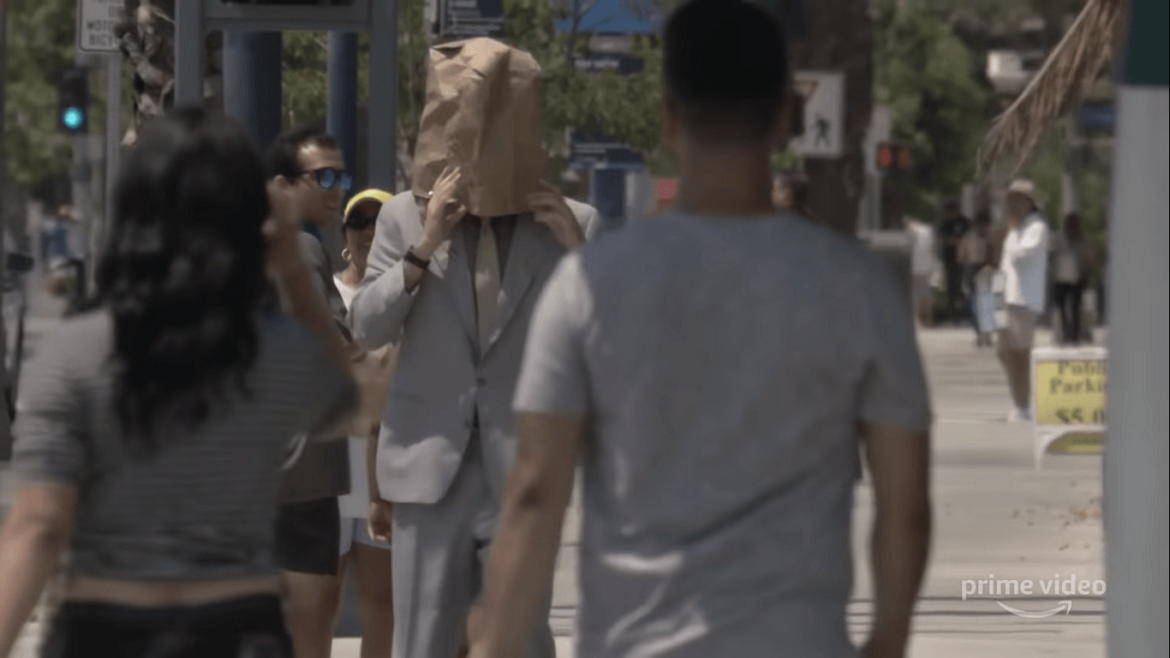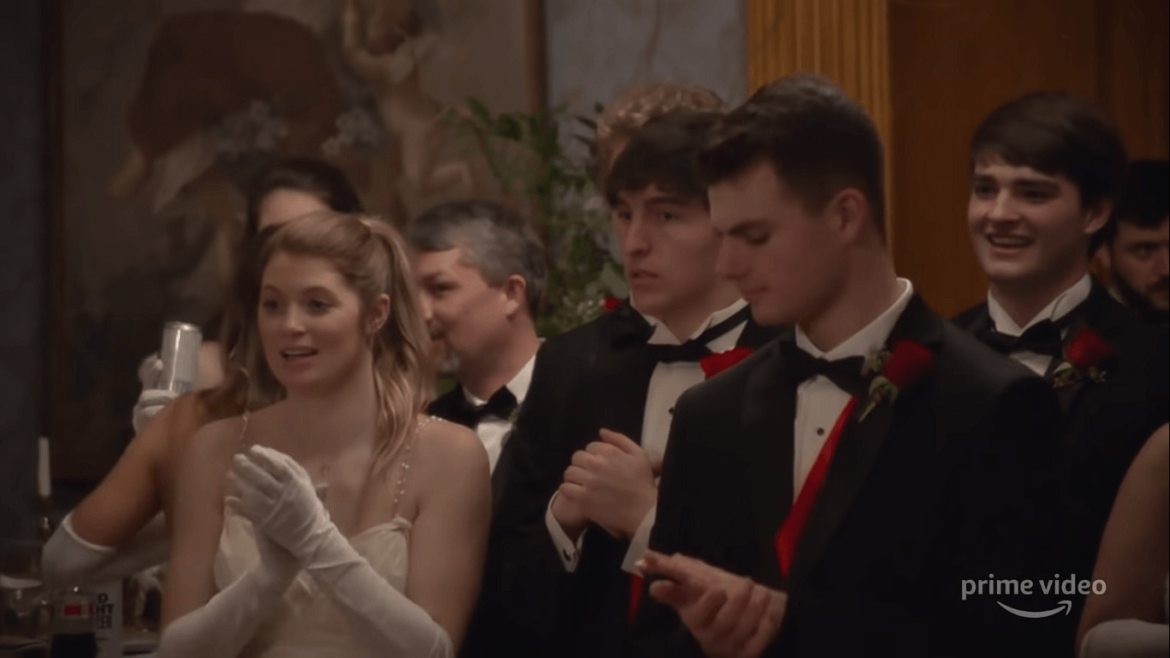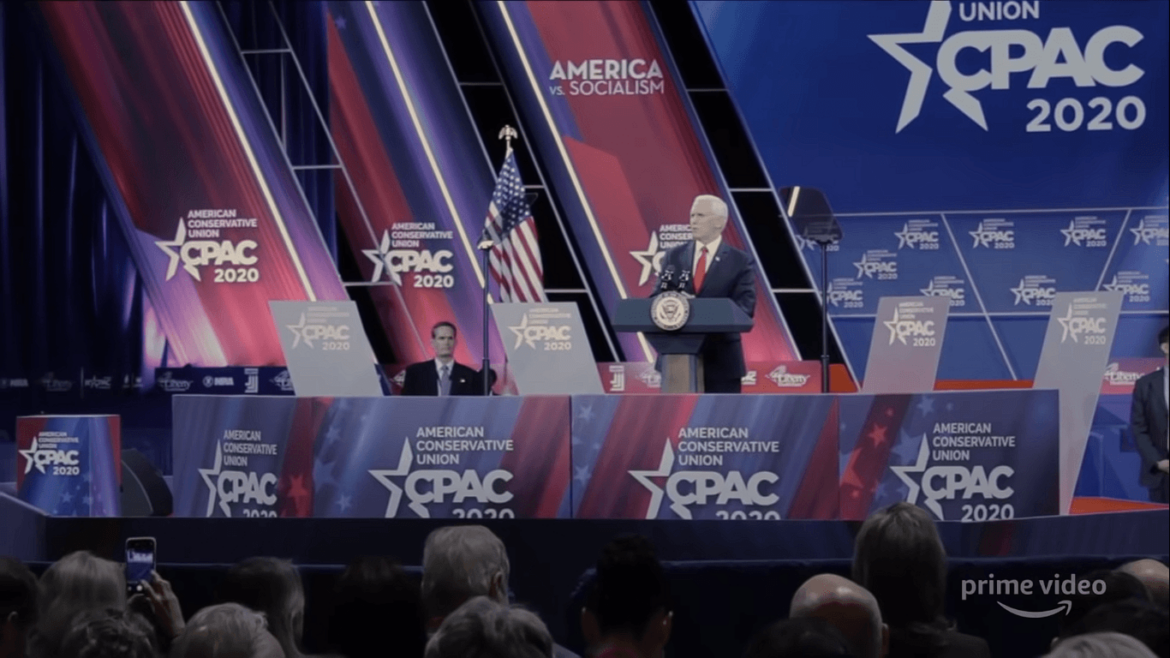I watched the second part of the adventures of the now well-known Kazakh reporter and decided to share my impressions. I’ll do my best to avoid spoilers!
This is my old work google-translated into English. I'd like to keep it here cause of nostalgia. Please excuse any mistakes.For those who are not familiar with the first part, a small introduction to the genre. Borat is a satire film about a then-unknown Kazakh reporter travelling to the United States on behalf of a representative of the Kazakh Ministry of Culture. The main character was played by Sacha Baron Cohen, who rose to fame after the films Ali G, The Dictator and Bruno. Despite a small budget of $18 million and restrictions on rentals in different countries, worldwide fees amounted to more than $260 million, and the film itself was nominated for an Oscar and a Golden Globe. The latter, by the way, brought the main actor a victory in the Best Actor nomination (musical film or comedy).

If you have not watched the first part, I advise you to read it before watching the second. The film, in a rather unusual manner, takes up various hotly debated topics in the West, such as the war in Iraq, feminism and women’s equality, LGBT and the “danger” of the Jews.
Although the film was initially banned and heavily criticized by the government of Kazakhstan (because that country was portrayed as extremely backward in the modern world), in 2012 the head of the Republican Foreign Ministry, Yerzhan Kazykhanov, stated that the number of tours to Kazakhstan had increased dramatically since the film’s release.
With the release of this film, the number of visas issued by Kazakhstan increased 10 times. This is a big victory for us, and I am grateful to Borat for helping to attract tourists to Kazakhstan.
Yerzhan Kazykhanov
Despite Cohen’s statements in 2007 that the character of Borat was a thing of the past for him, in the summer of 2019 the actor was seen several times in the form of a Kazakh reporter in public places. Even the COVID-19 epidemic did not stop the production of the film, and rumours of an imminent release continued to soar on the Internet in the summer of 2020. And in September of this year, it became known that Amazon bought all the rights to distribute the film, which was released on October 23 on the Amazon Prime platform.

A national disgrace, former reporter Borat Sagdiev is serving a life sentence in a gulag. 14 years later, Prime Minister Nursultan Nazarbayev remembers him and assigns him a new mission. Now the reporter must deliver to the USA (Asashai) a special gift on behalf of the entire nation of Kazakhstan for President Donald Trump in order to restore the country’s reputation in the eyes of the Western state.
Before leaving, Borat decides to visit his home and say goodbye to his family. Alas, even here difficulties await him. But Borat’s daughter Tutar, who grew up during her stay in the gulag, miraculously recognizes her father and dreams of going on a journey together.
Upon arrival in Asashai, the journalist discovers some “difficulties” with the gift but immediately finds a brilliant solution. Now his path is clearly predetermined, and each episode of this – quite a long – path plays with different problems of America.

Due to his newfound popularity, Borat needs to constantly hide from people who recognize him on the street and want to take a selfie with him or get an autograph. For most of the film, the journalist is disguised as a “typical” countryman, which makes for a great fit with the particular episode.
The film’s first and most discussed theme is Donald Trump’s victory in the presidential election and the subsequent strengthening of his friendship with the leaders of other countries, especially China. I’m not sure how the film will be received in America itself. I dare to suggest that the level of love/hate for the picture will be directly proportional to the attitude towards the current President Trump.
The topic of abortion and the attitude of religion to this issue are also touched upon. Despite all the “awkwardness” of the situation, in one of the episodes, a hospital representative is struggling to convince Borat that abortion is a great sin and an absolute evil for any woman, and life must be protected, even if its conception was far from the canons supported by churches.

The next scene is a big ball in high society, where Borat and his companion demonstrate the “fertility” dance of Kazakhstan. I, being not too receptive to all sorts of “unappetizing” scenes in films, this time still could not continue to eat while watching. I advise the same to all future viewers!
Of the other scenes I liked, Facebook deserves special mention as a social network for spreading fakes and other disinformation (from flat earth to anti-vaccinationists). Having been so impressed by the recent Social Dilemma, I did not expect other films to pick up on this theme and continue to inform the viewer how easily social networks manipulate our opinions and incite hostility between people. Cohen separates respect and respect!

The film was not without favourite (probably Cohen?) issues of feminism and anti-Jewish sentiment. If everything is clear with the latter (apparently due to the fact that the actor himself and the main director have Jewish roots), then I did not understand what New Cohen wanted to say in terms of women’s equality. Yes, women know how to drive a car, have their own opinions and even gather in groups of like-minded people. Yes, they have the right to equal pay and education, they should not blindly believe their husbands in everything and follow their own goals. Perhaps the author wanted to show how bad it is to be a white heterosexual man in the modern world. Or how far some particularly repulsed radical feminists have gone. If you have other ideas – write about them in the comments, please.
And, of course, in a film of this kind, it is simply impossible not to talk about the COVID-19 epidemic, both around the world and in America, in particular. Here Cohen has already come off to the fullest – in the film there are anti-vaccination rallies, and a conspiracy theory, and Trump’s statements that 19 cases at the first time – pose absolutely no threat to the nation of America.

Other scenes – and the subsequent poking fun at the personalities involved – may not be very familiar to people who don’t follow events in the US on a daily basis. For me, the episode with the journalist and Rudolph Giuliani required additional googling to get the gist of it — although I am familiar with his personality from the recent Ukrainegate scandal.
Did I like the movie? Yes, definitely. Cohen’s courage in discussing “forbidden” issues can only be envied. And the chosen manner of presenting the material – on behalf of a “backward” Kazakh reporter who “accidentally” gets into various stupid situations is the best suited for this purpose.
Will the film appeal to the average viewer? Will show time. If we talk about viewers from the CIS countries, for some reason I am sure that the film will seem a bit “remote”. After all, the problems discussed there relate mainly to the Western world and are just beginning to seep into the East. Although, if here the influence of religion, the role of women in the family and community, as well as society’s dependence on social networks are only at the very beginning of the discussion, maybe just films like Borat 2 will push people to think about these issues more often and look at them from a different angle?

At one point, I found the film to be too long. Some scenes, IMHO, were superfluous and I would simply remove them from the film in order to focus on the “necessary” issues as much as possible. Somewhere in the middle of watching, I wanted to know how much was left to the end, although this is not typical for me at all. However, I did not force myself to watch to the end – the appearance of titles on the screen even took me by surprise. Yes, and the story turned out as a whole finished and thought out.
The film does not smell of originality either, it is rather the second series than a separate independent product. That is, only the issues discussed differ from the first part (and even then not all), but the manner in which they are presented is not new and I did not experience any “wow” effect. It’s hard to say whether this is good or bad, but if I still watched the first part a couple of times, then there is simply no desire to watch the second part again. And if the first seems “eternal” in terms of originality and style, then the second for me is like a new article in the newspaper from an already well-known author, which is relevant only at this particular moment in time.

I consider it unnecessary to put some kind of assessment in the reviews, but if I sum up what has been written, I would classify the film in the category “definitely worth seeing once”. On this, I will finish my story. Thanks for reading and don’t forget to share your personal experience in the comments.
p.s.
Suddenly, someone has not seen the advertising campaign of the film from Amazon’a – it deserves a special mention!

Leave a Reply